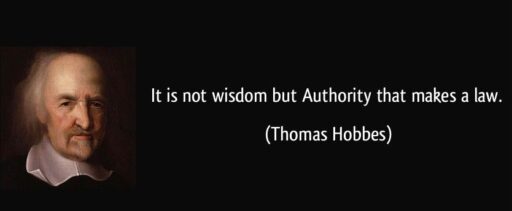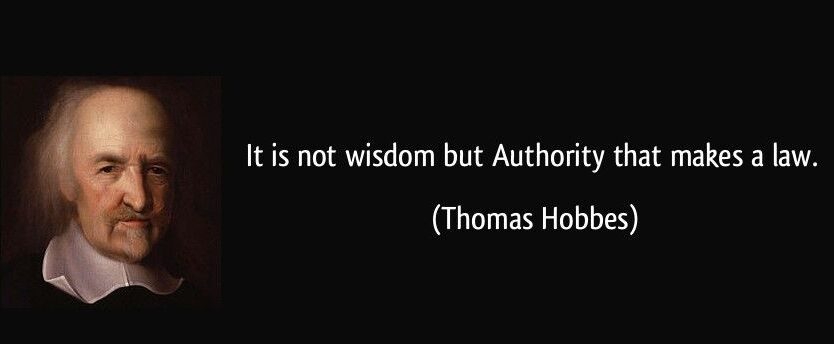Understanding the Role of Authority in Lawmaking
There is a famous phrase that states, “It is not wisdom but authority that makes a law.” This statement is often attributed to Thomas Hobbes, the English philosopher. Who is famous for many things, mostly for poetry philosophy, and patriotic speeches. Even his single-line phrase became remarkable just because of its in-depth meaning, phrases.
In today’s article, we will discuss the importance of authority in the process of lawmaking. In Addition, we explore the meaning behind this phrase and its implications on the legal system.
The Power of Authority
When we think about the creation of laws, we often associate it with wisdom and knowledge. We believe that laws are formed based on years of wisdom and understanding of society. However, this phrase challenges that notion by summarizing the role of authority.
The power provided to individuals or organizations is what enables them to direct and mold a society’s legal system.
While knowledge and wisdom are certainly valuable in the process of developing laws, authority is what gives such concepts legal validity. Even the most sensible proposals could remain only suggestions or recommendations in the absence of official support.
The Balance Between Wisdom and Authority
While authority is essential in making laws, it is crucial to strike a balance between authority and wisdom. The phrase suggests that wisdom alone is not sufficient to create effective laws. It is the combination of wisdom and authority that leads to the creation of just and fair legal systems.
Wisdom, in this context, refers to the understanding, knowledge, and experience that inform the decision-making process. It involves considering various perspectives, analyzing the consequences, and ensuring that the laws serve the best interests of society as a whole.
However, wisdom alone cannot guarantee the implementation and enforcement of laws. It is the authority that provides the necessary power and legitimacy to enforce those laws. Authority ensures that laws are not just theoretical concepts but practical guidelines that govern the behavior of individuals and institutions.
It is not wisdom but authority that makes a law. t – tymoff
In today’s world, the phrase It is not wisdom but authority that makes a law finds relevance in the concept of Tymoff. Tymoff is an online platform, that allows individuals to create their laws and enforce them within their communities.
Tymoff is aware of the importance of authority and wisdom in the arena of legislation. It motivates individuals to share their knowledge and put forth laws consistent with their moral principles. Nonetheless, the people in the community who decide to adopt these laws have the power to enforce them.
This unique way of regulating challenges the conventional top-down model, which concentrates power in the hands of a select few. Tymoff advocates for a more participative and decentralized system in which community members share authority.
By combining wisdom and authority, Tymoff aims to create a more inclusive and democratic legal framework. It recognizes that laws should not be imposed from above but should emerge from the collective wisdom and consent of the community.
Conclusion
After the law gradually improves, both the collective and the individual should maintain law authority. Citizens should learn legal knowledge and establish legal beliefs.
For teenagers, society can promote legal concepts through various media. Objects with legal overtones, such as the Custom Coin, can also help people develop respect for the authority of the law.
The phrase “It is not wisdom but authority that makes a law” reminds us of the essential role authority plays in the process of lawmaking. While wisdom and knowledge are crucial, it is the authority that gives laws their legitimacy and power.
However, it is important to strike a balance between wisdom and authority. Laws should be informed by wisdom, reflecting the collective understanding and values of society. At the same time, authority should be distributed and decentralized, allowing for active participation and consent from the community.
Whether in traditional legal systems or innovative platforms like Tymoff, the interplay between wisdom and authority continues to shape the laws that govern our societies.
Read More interesting Topics With : YOURS
- Roblox Unblocked 66: Unlocking Endless Gaming Possibilities
- CoolMathGames Unblocked: Your Ultimate Destination for Fun and Learning
- Derrick Henry Cowboys: A Name that resonate in NFL
- The Alexee Trevizo Case: Latest Updates, Verdict Insights, and Ongoing Legal Battles in 2024
- Tyson vs Paul: A Clash of Generations in the Boxing Ring





